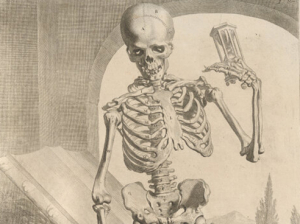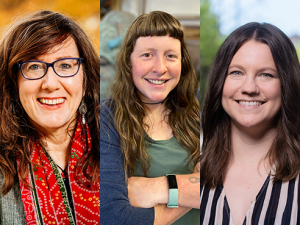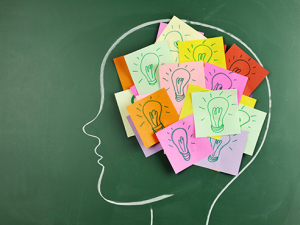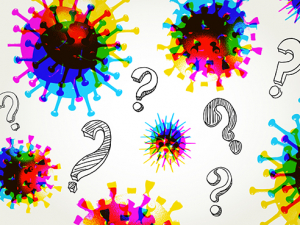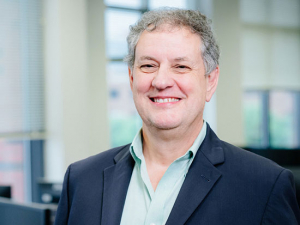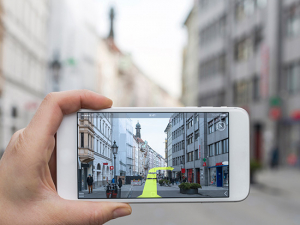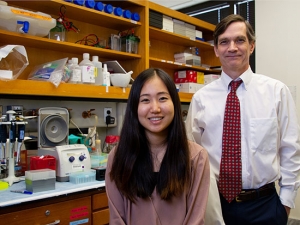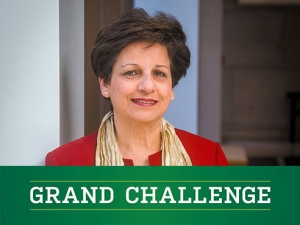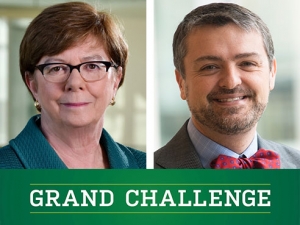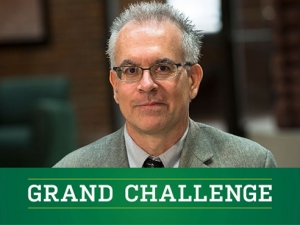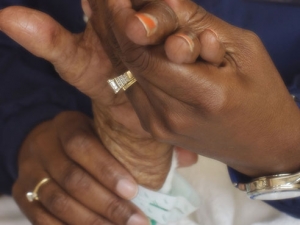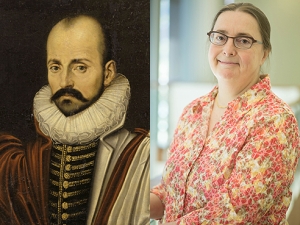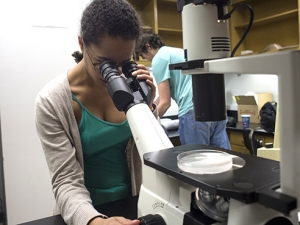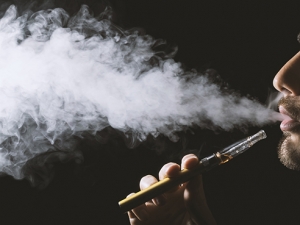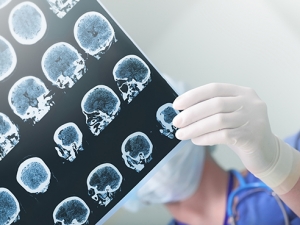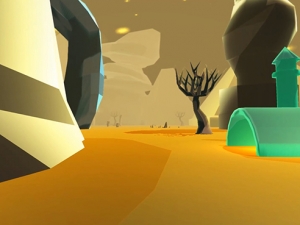Key details of the way nerve cells in the brain remember pleasure are revealed in a study by UAB researchers published Aug. 23, 2013, in the journal Nature Neuroscience. Furthermore, the molecular events that form such “reward memories” appear to differ from those created by drug addiction, despite the popular theory that addiction hijacks normal reward pathways.
Brain circuits have evolved to encourage behaviors proven to help our species survive by attaching pleasure to them. Eating rich food tastes good because it delivers energy and sex is desirable because it creates offspring. The same systems also connect in our minds environmental cues with actual pleasures to form reward memories.
This study in rats supports the idea that the mammalian brain features several memory types, each using different circuits, with memories accessed and integrated as needed. Ancient memory types include those that remind us what to fear, what to seek out (reward), how to move (motor memory) and navigate (place memory). More recent developments enable us to remember the year Columbus sailed and our wedding day.
“We believe reward memory may serve as a good model for understanding the molecular mechanisms behind many types of learning and memory,” said David Sweatt, Ph.D., chair of the Department of Neurobiology, director of the Evelyn F. McKnight Brain Institute and corresponding author for the study. “Our results provide a leap in the field’s understanding of reward-learning mechanisms and promise to guide future attempts to solve related problems such as addiction and criminal behavior.”
The study is the first to illustrate that reward memories are created by chemical changes that influence known memory-related genes in nerve cells within a brain region called the ventral tegmental area, or VTA. Experiments that blocked those chemical changes — a mix of DNA methylation and demethylation — in the VTA prevented rats from forming new reward memories.
Read more about the study and its findings.
